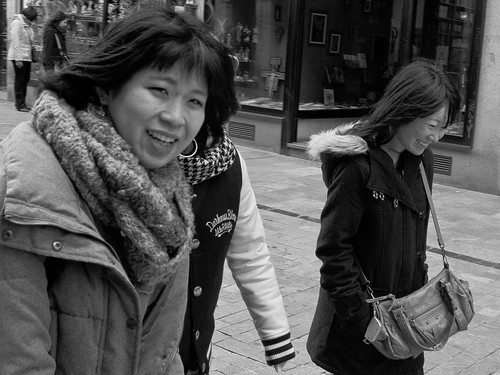The neo-liberal conservatism of the West https://goaskalice.columbia.edu/answered-questions/long-distance-and-lacking-communication/ has put cultural values in the spotlight thanks to the remarkable economic progress in East asian nations, which has been achieved under various modalities. These are frequently called” Asiatic principles”: discipline, hard work, thrift, educational success, the importance of household, balancing individual and societal needs, and deference to authority. Some experts claim that these Eastern values are responsible for East Asia’s remarkable economic growth rates and organized social frameworks.
Yet, this discussion is largely an internal one. Standard culture and history are the underlying principles of the development of contemporary East Asia. Numerous of these principles derive from Confucian custom, which views the community as the fundamental social unit under which all other associations operate.
These principles affect how federal functions, how it is organized, and how social membership is conducted. They also have an impact on the nature of East Asia’s economic relation with the West. In a 1994 ideals surveys, “accountability https://asianbrides.org/taiwanese-women/ of public officials through empty primaries” was ranked among the highest critical values by both American and East Asian respondents. These studies suggest that Eastern values are more in line with South Asian conventional values than a rejection of Western liberal democracy.
This article aims to provide insight into the interpretations of these Asian principles and how they relate to eudaimonic well-being. In particular, it is believed that those who support higher levels of Eastern values and are exposed to high levels of cultural stress will be able to use their own ethnic coping strategies to counteract racism, buffering the adverse effects of this cultural discrimination on internal well-being.

